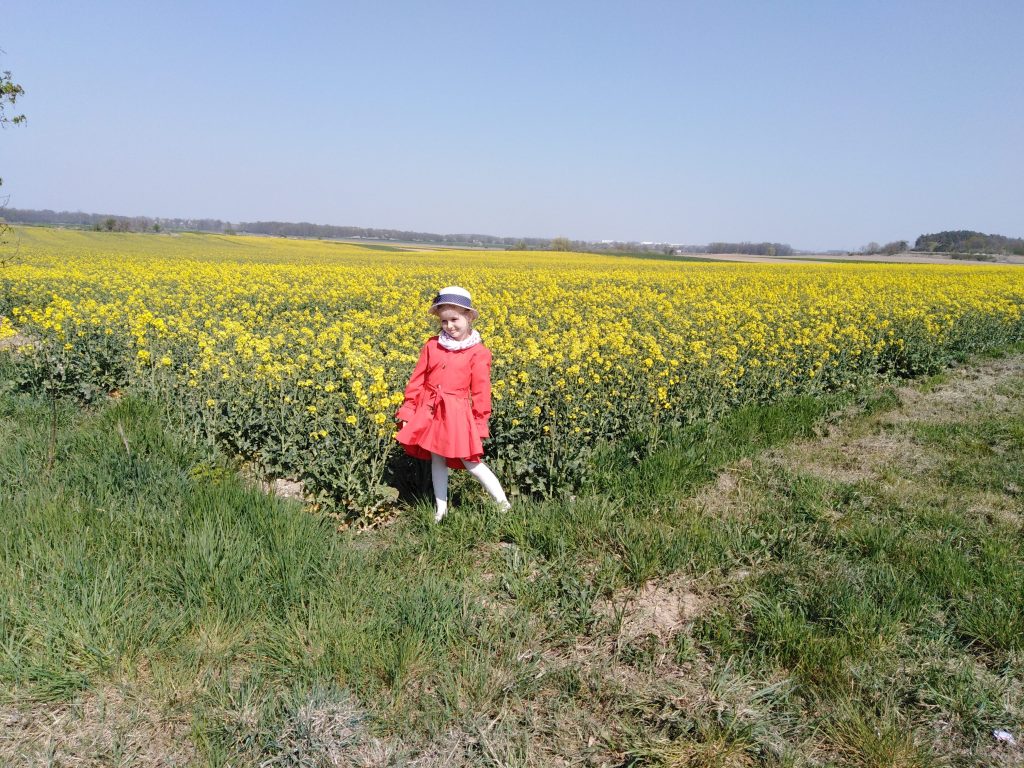
“Somewhere deep, dormant, the memory of pandemics lies within us. The Black Plague, leprosy, smallpox, tuberculosis, Spanish flu marked human history. The plague, also known as the black death (…)consumed – like a fire – city after city in Europe. (…)Towns and villages emptied. Hordes of people took to the roads – in flight. On the seas, like ghosts, empty ships drifted, crews dead. There was no rescue. (…) Till suddenly, the plague, having wreaked havoc, began to sputter and, as son many times before – it vanished, lingering only in the memories of those that survived.”
Andrzej Szczeklik, “Catharsis. On the healing powers of science and art”,
Kraków 2003
I greeted 2020 in Venetian style, at a masque ball held in the romantic surrounds of a 19th century palace located in the heart of Wroclaw. The palace gardens adjoined the South Park. Buried in greenery, the gate to the park recalled that from the tale known to so many, to the Secret Garden.
That evening, the palace’s halls rustled to ball gowns and the air was filled with the scent of flowers and coffee. In the warm glow of the candles, it all looked so pretty. Finally, at the round tables, covered in long, white tablecloths, the guests, faces hidden behind their masks took their seats. Who would have supposed that the masks would remain for many months, perhaps even years?
Gaily and joyously, I gazed in delight at the four marble statues of women symbolising the four seasons, elegantly decorating a semicircular bay window. I had no idea then that that New Year’s Eve I would bid farewell to the world I knew and in which I grew up.
Of course, I had already heard about covid-19. With concern, I watched the images of those suffering in China, shown here on the news. Yet, though the images were sad and the illness scary, I retained the highly deluded conviction that it wouldn’t reach Europe. Only did the winter of 2020 make me aware that in the face of such unknowns, even modern humans with all their knowledge, remain helpless. Science doesn’t like haste. The inventor needs time, and not incessant pressure. The army of scientists, doctors, nurses, paramedics and volunteers, mobilised in military style, battled an invisible, duplicitous enemy, spreading fear, sickness, loneliness and death in isolation.
Fear also crept into my existence. Its presence, like the masks on our faces and the disposable gloves on our hands, is with me every day. Fear for my loved ones, mother, father, husband. I fear for the future of my seven-year-old daughter, Anna Marianna, on whose childhood the shadow of covid fell. Nevertheless, the pandemic taught us how to find joy and beauty in the everyday, small things, in nature. In May last year, when the oilseed rape fields were in bloom, a golden carpet as I poetically called them, Anna and I took a trip to Dolny Śląsk. We had done likewise in January, when the frost placed icicles here and there, covered the trees and made the snow glint, and I sent my daughter with grandpa – my father, on a trip into the fairytale, wintry forest.
With great concern, I think of my poorly, 95-year-old grandma, whom fate has not spared difficult times. And yet, despite all her painful experiences, when we meet, her face glows. For a brief moment she is once more that strong, young woman who survived the war, communism and martial law. Sometimes, during our daily phone conversations, grandma’s voice resounds with its former strength, so I once more believe granny will be there for Sunday lunch once the plague has gone.
Together with the vaccine, hope has returned. The vaccine, like a burst of sunshine on a grey, drizzly day, has lit up the covid gloom. I have faith that a time of family and friendly meetings, of travels holidays, of actually going to school or to work will return. That hope allows us to prevail.
For naw, I await the return of May and the golden carpet, with its heady scent, and whose glory takes your breath away. Don’t we need such emotions and delight more now than ever before?
Poems
In autumn 2020, the plague took my father’s friend, a true humanist doctor. Already, much earlier afflicted by a serious, chronic and rarely met illness, he became disabled. Despite this, he kept treating people as long as he lived. Sick with covid-19, he died on a cloudy, drizzly day, when the gusting wind tossed the leaves and rippled the tops of the trees…
Weronika Madryas
Silent as falling leaves
And there were those that left in silence
as if popping to the corner shop for some rolls
or the morning paper, still smelling of print…
Noiselessly, ever humble…
With their usual tact and discretion
they crossed to the other side…
They wanted no
tears, suffering or sadness…
Silent as falling leaves
Pretty as an autumn scene…
Their desire to pass unnoticed
even though missed…
Then why can I not stem
This well of tears?
A while later, when the bare trees were covered in a thick layer of snow, I lost a friend, publisher and man of letters all in one.
Weronika Madryas, Wrocław, 13.01.2021
Death in the time of plague
To Marta Iskierka and Mieczysław Mączka
Yeah in the time of plague
dominant and omnipresent
took Mr Mieczysław.
He passed alone,
in silence,
with no tender glances
or hands intertwined…
Mr Mieczysław
was of the Kraków poets.
Well versed,
in poetry immersed
till the end of his days…
Mr Mieczysław
stitched books bespoke,
patiently and persistently
as a spider weaves
producing its thread.
Mr Mieczysław
left his city
in winter.
He orphaned a Miniatura[1],
Society of Grey-bearded Poets,
verses written and unwrit
and my fairytales unpublished…
Death in the time of plague
dealt poetry a painful blow…
[1] Miniatura Publishing House
